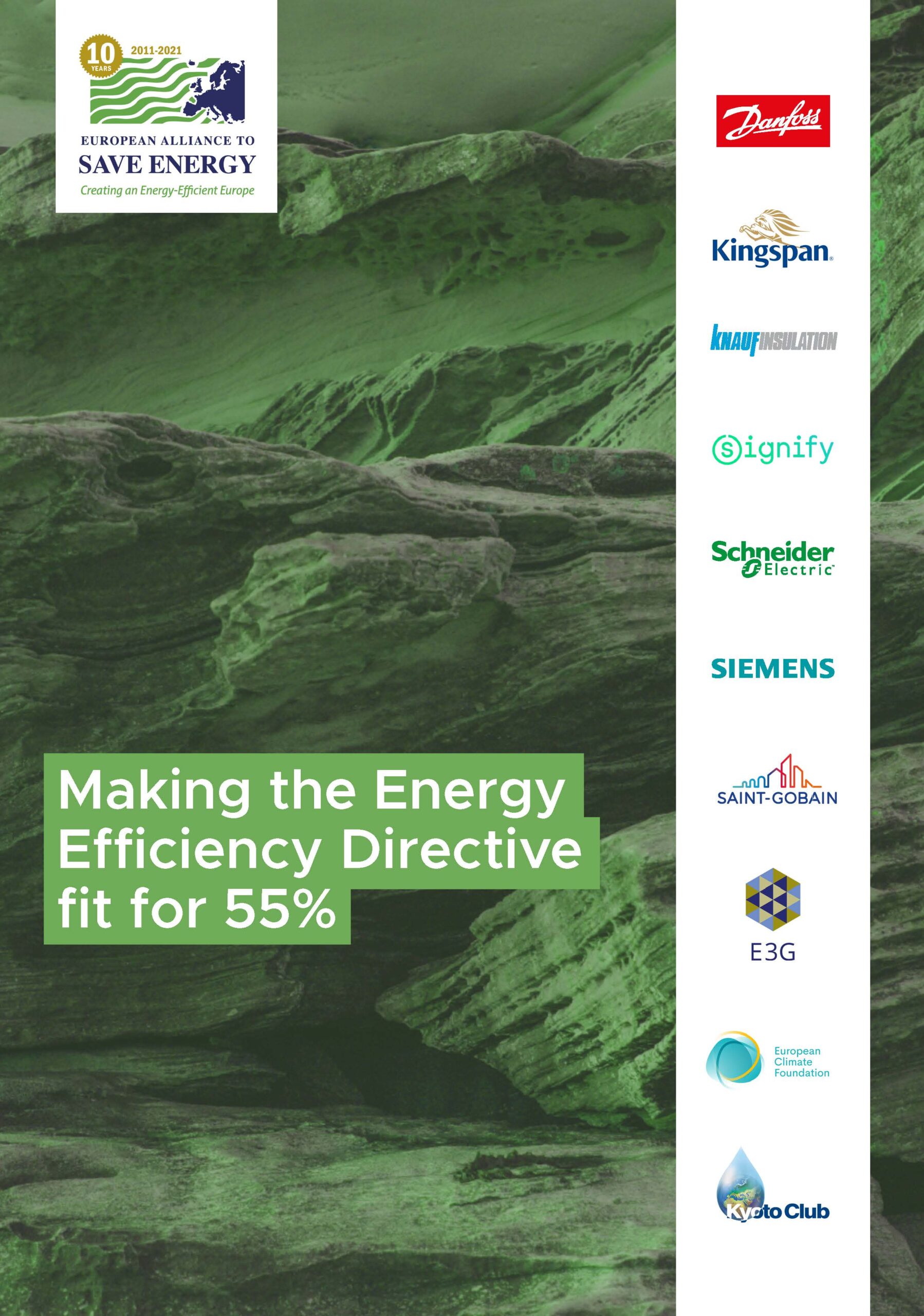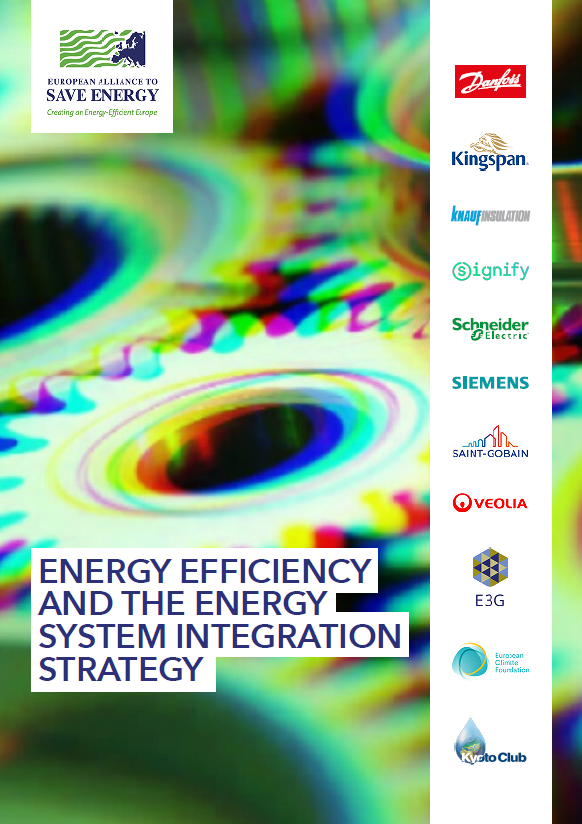Making the Energy Efficiency Directive fit for 55%
Following the adoption of the Climate Law and in view of its higher climate ambition for 2030 and 2050, the European Commission proposed to revise the Energy Efficiency Directive. Energy efficiency must become the bedrock of a decarbonised energy system.
Amending the Energy Efficiency Directive (EED) is the starting point for the Union to deliver on the necessary reduction of energy demand, to define and operationalise the Energy Efficiency First principle and to set the right policy mechanisms that would address the overall efficiency of the energy supply chain. These are the necessary conditions to achieve a highly efficient and renewable-based energy system in view of the full decarbonisation of our economy.
This paper contains the recommendations of the European Alliance to Save Energy to help making the EED fit for 55% and set the longer track to achieving climate neutrality by 2050.
The recommendations touch upon:
- Energy efficiency targets for increased ambition
- Public sector leading by example
- Expanding the scope to all public and private non-residential buildings
- Public procurement
- Align the Energy Savings Obligation with 2030 and 2050 ambition
- Energy audits and management systems
- Energy efficiency in Heating and Cooling
- Demand response and efficiency in transformation and distribution networks
- Availability of qualification, accreditation and certification schemes
- Information and training
- Energy services market
- Energy efficiency national funds and other support mechanisms
- Primary Energy Factor


